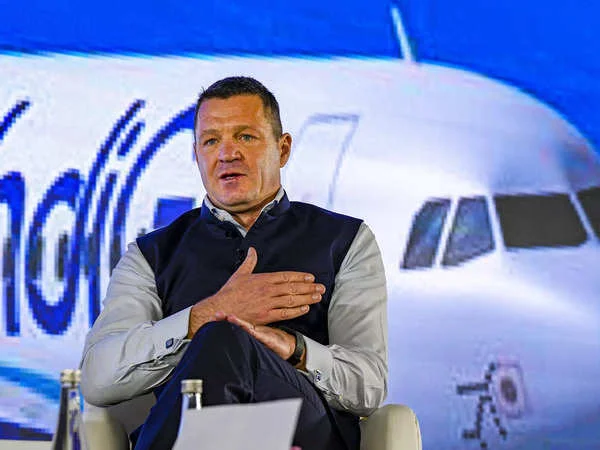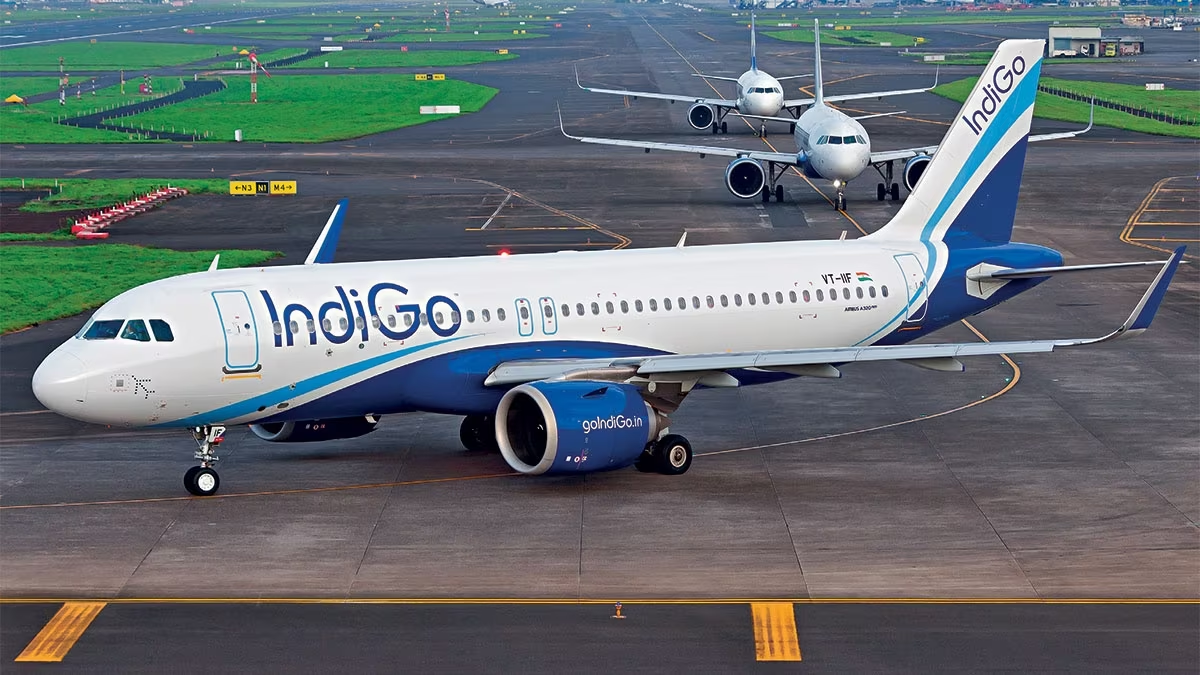India’s leading airline, IndiGo, faced a challenging financial second quarter in the 2024-25 fiscal year, recording a substantial net loss of Rs 986.7 crore. This setback, attributed to a surge in fuel costs, increased airport charges, higher lease expenses, grounded planes, and lower international market yields, marks the first quarterly loss IndiGo has reported in over two years.
Table of Contents
Grounded Aircraft and Cost Burden
IndiGo’s grounded fleet posed a major financial burden, with around 70 aircraft out of service due to engine-related issues and high lease expenses for replacements. Chief Financial Officer Gaurav Negi noted during an earnings call that the airline aims to reduce grounded aircraft from “mid-70s” to below 60 by year-end and further to the 40s by April 2025.
The ongoing issues with Pratt & Whitney (PW) engines have also impacted IndiGo’s operations. Inspections and repairs have led to frequent groundings, exacerbated by PW’s recent discovery of a powder metal defect, which grounded an additional 35 aircraft for safety checks. To counter these disruptions, IndiGo has leased planes from various sources, including Boeing 737s from Qatar Airways, adding to operational costs.
Rising Fuel and Operational Expenses
The airline’s expenses rose by 22% in the September quarter, outpacing a revenue growth of 13.6%. Fuel expenses surged by nearly 13%, reaching Rs 6,605.2 crore, due to increased value-added tax on aviation turbine fuel in some states and a shift in IndiGo’s fleet mix. IndiGo also faced elevated airport charges, with contractual fees rising as the Airports Economic Regulatory Authority introduced new control periods.

IndiGo’s Chief Executive, Pieter Elbers, pointed to infrastructure limitations in key hubs like Delhi and Mumbai as additional challenges impacting operational efficiency. Delhi’s Terminal 1 has only partially resumed operations following an incident in June, while Mumbai’s runway has hit its capacity limit. According to Elbers, congestion at these airports affects airlines’ abilities to expand their capacity.
Financial Forecast and International Expansion
Despite these difficulties, IndiGo remains focused on future growth and international expansion. The airline holds a dominant 63% share of India’s aviation market and plans to introduce new international routes, aiming to reach 40 destinations by the fiscal year’s end. This would boost its international capacity share to 30%, reflecting the rising demand in India’s aviation sector, now one of the fastest-growing globally.
In response to increasing competition in the international market, IndiGo’s upcoming addition of business class services on select domestic routes marks a shift from its all-economy model, underscoring its strategy to attract diverse passenger demographics and enhance revenue.
